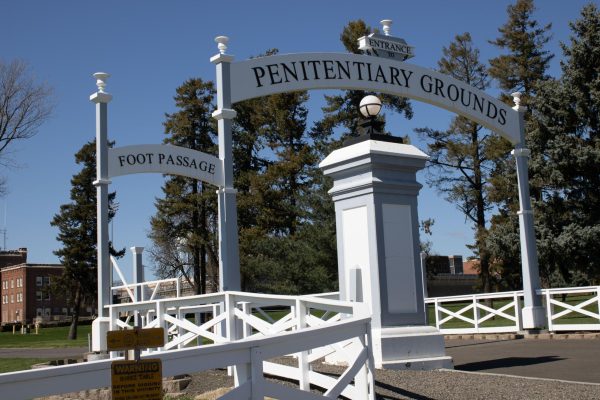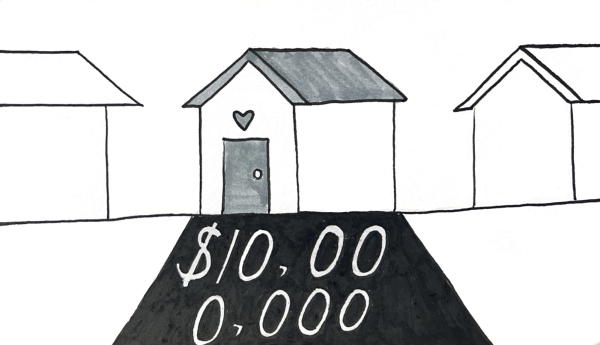Whitman and Walla Walla respond to local homelessness
November 17, 2022
The city of Walla Walla and Whitman College work to provide support to local homelessness, an issue that affects over 200 people in Walla Walla County.
Citywide initiatives such as the Walla Walla Alliance for the Homeless provide shelter for about 45-50 people a night. Whitman College students and faculty are also engaged in programs, such as the Walla Walla Child Advocates and the Children’s Home Society. The programs focus on youth in the community who are facing housing insecurities.
Laura and Carl Peterson Chair of Social Sciences and Professor of Psychology Melissa Clearfield spoke about her experience working with the Walla Walla Child Advocates program. She explained that child advocates are people that advocate for children in foster care.
“There are a number of us, child advocates, in town that are assigned to children. We meet with them once a month, and we observe them in the different places they go,” Clearfield said. “I tend to work with the really young ones because that’s my specialty.”
Clearfield elaborated on how important it is for youth to have their physical, social and emotional needs met.
“Socio-emotional development is [at] the heart of who these children are and who they will become. Those early relationships set the stage for every aspect of how these children will interact with other people,” Clearfield said. “I can’t overstate how important that is.”
Nancy Forsthoefel, a research specialist for Whitman, is involved with the local work of the Walla Walla Alliance for the Homeless. Forsthoefel explained the Alliance’s plan to expand to pallet shelters.
“We have about 40 huts and over 50 [to] 55 people who stay there every night. It is a constantly changing environment. We are just now expanding an area behind where the shelter is now to pallet shelters,” Forsthoefel said. “Unlike the huts, they have electricity; they have heating; they have air conditioning. These will be transitional for people who are close to meeting their needs to get into housing.”
Forsthoefel expressed that she believes the resources available in town are a positive sign of the city’s support. She commented on the diverse services offered in town.
“I think Walla Walla is doing a good job. There are various resources provided by our town, like the Helpline, Blue Mountain Action Council and there’s Waypoint, [which] helps more with comprehensive healthcare. So there are good resources,” Forsthoefel said.
Executive Director of the Walla Walla Alliance for the Homeless Jordan Green expanded on the unique sobriety policy.
“For us, we don’t require any level of sobriety to be in the camp beyond the ability to follow a basic set of rules. We, of course, don’t allow any use of controlled substances or alcohol within the camp. But, we don’t require sobriety as a precursor for entry into the camp,” Green said.
For the next steps in addressing the homelessness issue, Clearfield highlighted ways that individuals can become more involved in supporting Walla Walla’s youth.
“People can get involved. People can volunteer their time or their money to these organizations,” Clearfield said. “I know that the Child Advocates are constantly recruiting new advocates because there are somewhere around 60 to 80 kids in Walla Walla County who are in foster care and do not have their own advocates.”
Forsthoefel remarked on how the homelessness issue is not something entirely uncommon in the Walla Walla community.
“People often think that people who are homeless have drug or addiction issues or aren’t trying hard enough to get a job, and I don’t think people realize that if you have a full-time minimum wage job, that doesn’t give you enough money in Walla Walla to afford rent,” Forsthoefel said. “The economic times are not heading in a positive direction. It’s a common thing for people in this community to say that they are ‘one paycheck away,’ and there’s a lot of truth to that.”







